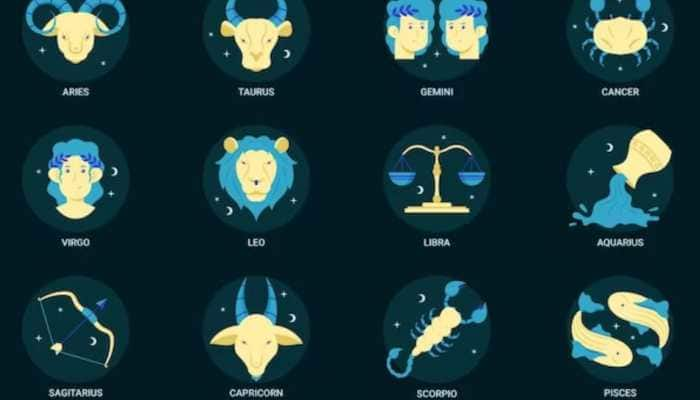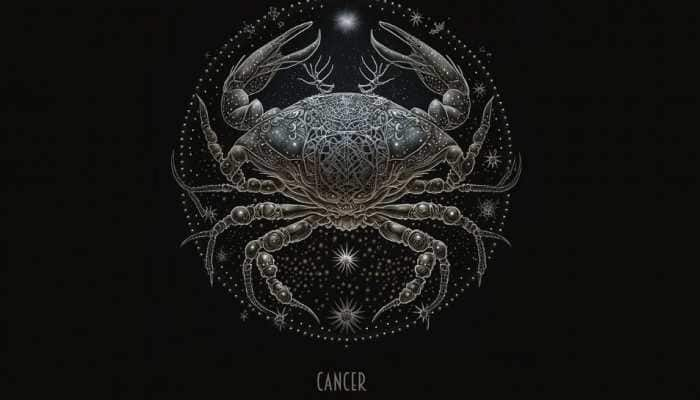Merry Christmas: Check Date, History And Significance Of Xmas
Christmas has evolved into a global celebration, embracing diverse customs and fostering a spirit of joy and goodwill.
Trending Photos
) Image for representation
Image for representation Christmas, observed annually on December 25, holds deep historical and cultural significance worldwide. Rooted in Christian traditions, this festive day commemorates the birth of Jesus Christ. Beyond its religious origins, Christmas has evolved into a global celebration, embracing diverse customs and fostering a spirit of joy and goodwill.
Christmas transcends its religious origins to become a global celebration of joy, unity, and generosity. The traditions associated with this festive day have evolved over centuries, creating a cultural mosaic that reflects the diversity of our world. Whether observed in a religious context or as a secular holiday, Christmas continues to be a time for reflection, gratitude, and the joy of giving.
Christmas History:
Historically, the roots of Christmas trace back to the 4th century when Pope Julius I declared December 25 as the official date to celebrate the Nativity of Jesus. The choice of this date is believed to align with the Roman festival of Saturnalia, a time of feasting and gift-giving. Over the centuries, Christmas assimilated various customs from different cultures, creating a rich tapestry of traditions.
Christmas Significance:
The significance of Christmas lies in the symbolism of hope, love, and generosity. The exchange of gifts mirrors the Magi's offerings to the infant Jesus, symbolizing the goodwill shared during the season. Decorations like Christmas trees and lights have become iconic symbols, representing the festive spirit that brightens homes and communities.
Christmas Celebrations:
The celebration of Christmas varies globally, reflecting local customs and traditions. In Western cultures, the day often begins with exchanging gifts, followed by a festive meal with family and friends. Many attend midnight Mass or church services to mark the religious significance of the occasion. In some regions, Christmas festivities extend over several days, incorporating unique rituals and ceremonies.
Santa Claus, derived from the Dutch figure Sinterklaas, plays a central role in many Christmas celebrations. The jolly old man, clad in red and white, delivers gifts to children around the world. This beloved character adds a touch of magic to the season, especially for the youngest members of society.
Community involvement is a hallmark of Christmas celebrations. Caroling, parades, and charitable activities bring people together, fostering a sense of unity and compassion. Many choose to dedicate time to helping those in need, embodying the spirit of giving that defines the season.
In recent years, the commercial aspect of Christmas has grown, with festive markets, elaborate light displays, and holiday-themed events becoming integral to the season. While these elements contribute to the economic landscape, they also add to the enchantment and excitement surrounding Christmas.
(This article is intended for your general information only. Zee News does not vouch for its accuracy or reliability.)
Live Tv







)
)
)
)
)
)
)
)
)
)
